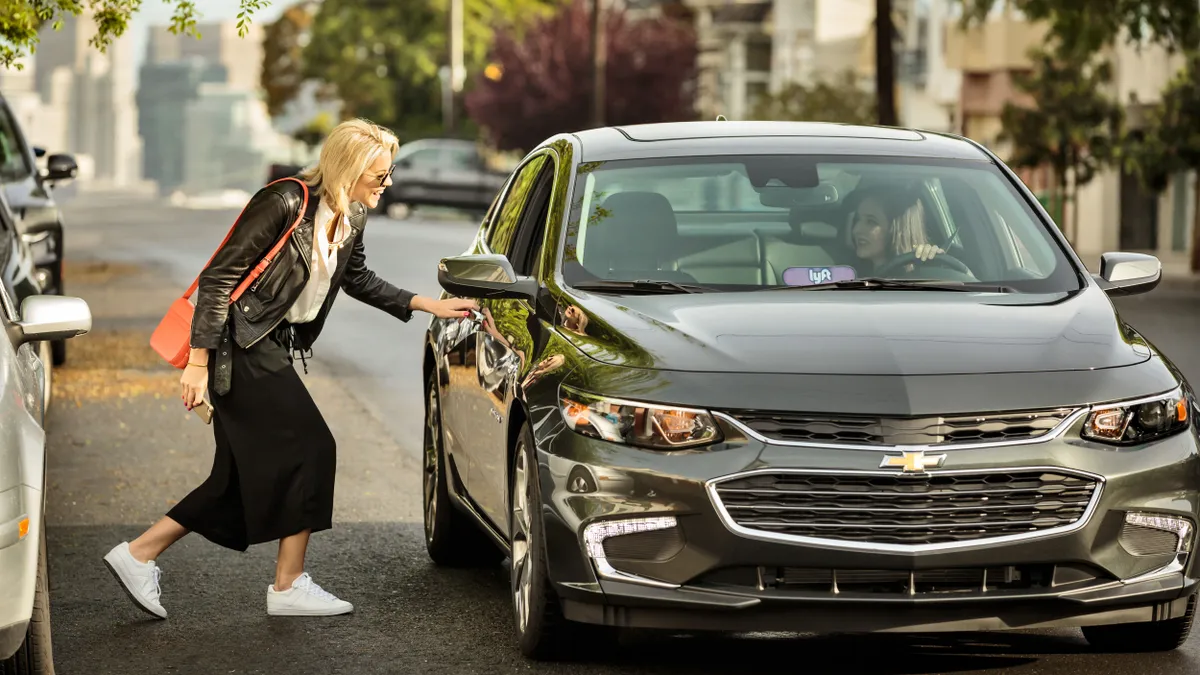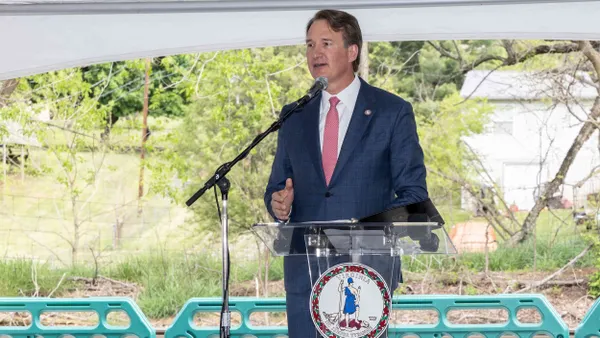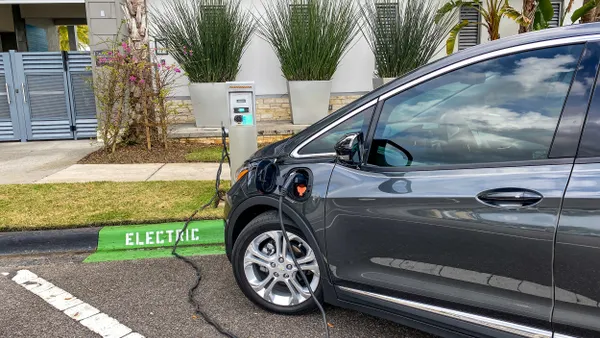Dive Brief:
- Lyft has partnered with healthcare information tech solutions company Allscripts to develop a healthcare platform that will enable doctors and hospitals to offer non-emergency transportation to patients.
- The platform — to be built using Lyft's Concierge API and Allscripts' Sunrise electronic health record (EHR) — will integrate with operations at 2,500 hospitals, 45,000 physician practices and with 180,000 physicians, to reach an estimated 7 million patients, according to USA Today.
- This announcement from Lyft comes right on the heels of a healthcare platform launch announcement from its main competitor, Uber.
Dive Insight:
Echoing sentiments from Uber, Lyft officials wrote in a blog post that it has set out to eliminate transportation barriers to healthcare, which affect approximately 3.6 million Americans today — many of whom are low-income patients. Lyft said it would like to halve this statistic by 2020, and if Uber and Lyft maintain aligned goals, this will likely be an achievable benchmark.
Aside from Allscripts, a number of healthcare organizations already benefit from Lyft's Concierge API, including American Medical Response, American Logistics Company, CareLinx, GoGo Grandparent and One Call.
Access to care isn't the only way Lyft has partnered with healthcare organizations to make its ride-share service more inclusive. In April 2017, Lyft announced product improvements and a partnership with the National Association of the Deaf to enhance the driving experience for deaf or hard-of-hearing drivers, and in December, Lyft partnered with Aira to enable visually impaired riders to request rides more efficiently.
Some argue, however, that more can be done to make ride-sharing accessible to all. Jessica Lehman, executive director of nonprofit Senior & Disability Action, told the San Francisco Examiner both Uber and Lyft have shown "a total lack of interest in serving people with disabilities, particularly mobility disability, and a lack of commitment to following the Americans with Disabilities Act." Senior & Disability Action has reportedly sued Uber over an alleged lack of wheelchair-accessible vehicles (WAV), and though Uber touts its UberWAV service as "flexible" and "affordable," availability for motorized wheelchairs and scooters is limited to select markets.
The adaptation by Lyft and Uber to accommodate people with disabilities, and now assist in healthcare transportation, sets a precedent for other ride-share services hoping to compete in the healthcare market. And as urban populations continue to grow, it is likely that more healthcare services and organizations will become part of the "smart city" conversation to excel urban health.












